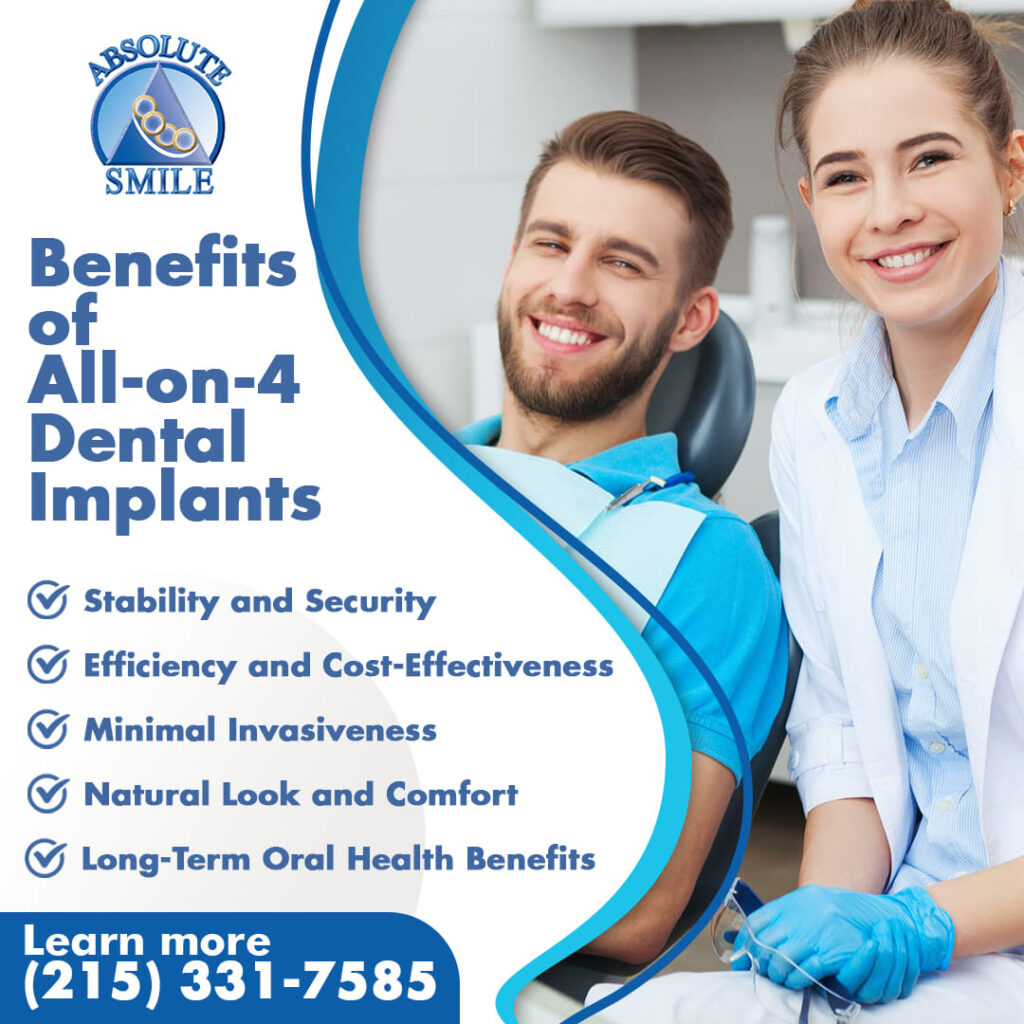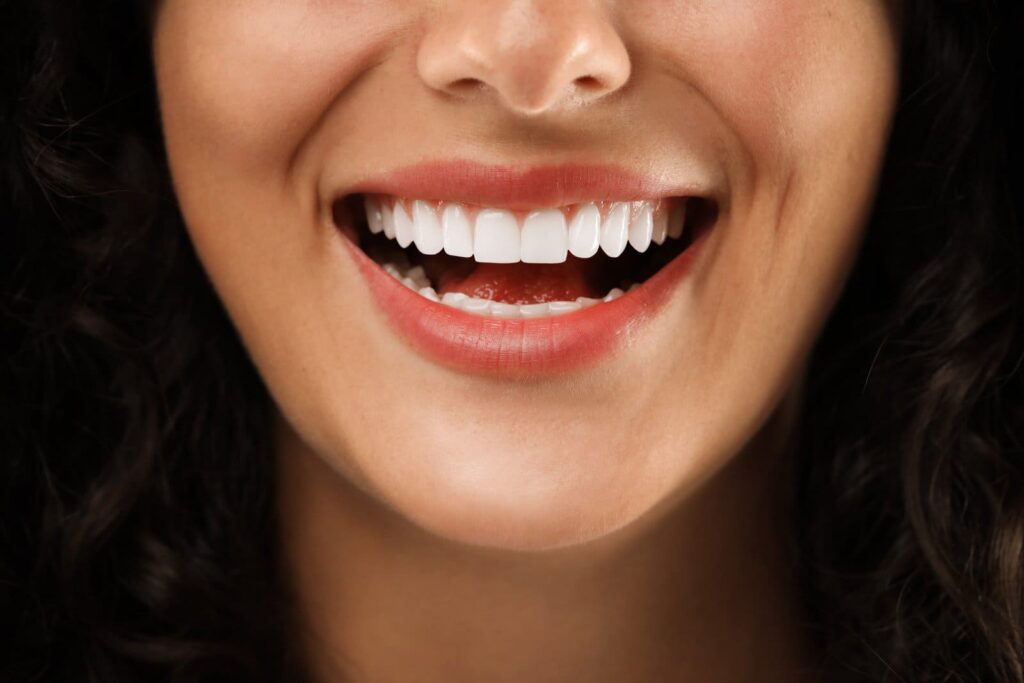
Most of us are well aware of the oral hygiene basics necessary to keep our smiles healthy. We brush our teeth, floss carefully, and rinse once a day to keep our teeth and gums clean.
Although a good oral hygiene routine is vital to maintaining a healthy set of teeth and gums, oral health stretches beyond these habits and into our lifestyle.
The right lifestyle choices can promote a happy, healthy smile. Let’s look at some of the most important lifestyle factors below.
1. Diet
Not surprisingly, the things we eat affect the health of our teeth and gums.
The biggest thing to look out for here is sugar. Sugar provides food for bacteria on your teeth, Bacteria eat the sugar and produce acids, which mix with saliva and food particles to create plaque. The acid eats away at your teeth, and the plaque hardens into dark tartar.
Hard and chewy candies are the worst offenders, as they can cause physical damage as well.
In general, eating a balanced diet of lean meats, fruits, and veggies will lead to the best oral health. Most of these foods have minimal sugar, but also plenty of nutrients your body uses to strengthen teeth and repair structures in your mouth.
As for drinks, water is better than almost any other drink out there. It can wash away food particles, help with saliva production, and keep your mouth hydrated.
As you’d expect, this same kind of diet is generally one of the healthiest you can follow for overall physical health, too.
2. Exercise
You might not think it, but exercise can improve and maintain mouth health, too. Studies have shown links between exercise and reduced risk of periodontitis, one of the more common dental diseases out there.
Think about it. Regular exercise gets the blood flowing and improves cardiovascular health. Your body is able to get more nutrients to your mouth, which obviously helps with oral health.
Of course, take precautions during exercise depending on the activity. If you enjoy playing sports, you must be careful not to chip or crack any teeth. Don’t forget to stay adequately hydrated, too. Drink plenty of water when exercising. Avoid sports drinks if possible, as they often contain a lot of sugar.
As always, talk to your doctor before starting a new exercise regimen.
3. Sleep
Sleep is one of the most fundamental biological processes we go through. During sleep, our body does a massive range of things, one of which is to repair tissues throughout the body.
Thus, adequate sleep promotes good oral health.
Of course, some people have unconscious bruxism (teeth grinding) when they sleep. This wears down teeth and harms sleep, which leads to a downward spiral of poor oral health.
Getting this bruxism fixed can get you back on track to keeping a healthy smile.
4. Smoking
Smoking’s swathe of harmful health effects across your entire body are well-documented — but many of them apply to your teeth.
At the very best, smoking yellows teeth and causes bad breath. It also promotes the buildup of plaque and tartar, which can quickly lead to gingivitis. Gingivitis could then proceed into more serious periodontitis.
Smoking also directly affects the gum tissue, restricting blood flow. This can make gums more sensitive when brushing and slow down recovery time after surgery.
The risks get worse, though. Tobacco — smoked and smokeless — drastically increases your risk of mouth, throat, or lip cancer.
So overall, smoking is a severe detriment to your oral and overall physical health. Dropping it will improve your health immensely.
Of course, even a healthy lifestyle doesn’t guarantee a healthy smile without some professional assistance. Visiting a dentist regularly helps you catch any areas you miss and spot warning signs of disease early. Absolute Smile offers free consultations to all new patients — contact us today to schedule yours.






